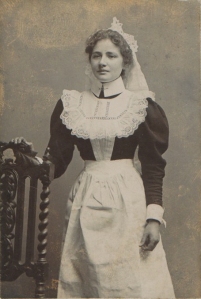England my England
Where is England when one is completing forms that request nationality?
In my experience it is usually British, however I wasn’t born in Scotland, Wales or Ireland but England, therefore I am English and not British.
This may sound xenophobic but it isn’t, I just wish to reiterate my Englishness.
Rupert Brooke (1887 – 1915) wrote
“The Soldier”
“If I should die, think only this of me:
That there’s some corner of a foreign field
That is forever England. There shall be
In that rich earth a richer dust concealed;
A dust whom England bore, shaped, made aware,
Gave, once, her flowers to love, her ways to roam,
A body of England’s, breathing English air,
Washed by rivers, blessed by suns of home.
And think, this heart, all evil shed away,
A pulse in the eternal mind, no less
Gives somewhere back the thoughts by England given;
Her sights and sounds; dreams happy as her day;
And laughter, learnt of friends; and gentleness,
In hearts at peace, under an English haven.
My comments regarding Englishness aside and whether I agree with Britain’s involvement in Afghanistan or Iraq remember this each time a soldier dies and is brought back home. A part that made him / her unique has been snuffed out like a brief candle and left in a foreign country.

I discovered this when I moved from Chester to Wales in late 70’s. Now I live in mid Wales on west coast where more than half the population speak Welsh. Welsh was spoken throughout Scotland south of the firth of forth throughout England and of course Wales. Research from University of London shows that a small proportion of the true brits live in parts of North and mid west Wales and have genetic links with the basque region of Spain. Pant in shropshire still retains its Welsh names pant meaning hollow and many roads and street names are also Welsh and have been retained. Kidwelly in Wales is supposed to be the English spelling of the town but in factit is the old Welsh spelling. Welsh had so many k’s that when the bible was translated from English to Welsh there was not sufficient letter k’s so k was replaced by c. This was unpopular at the time but became the norm. Boudica the British warrior queen was called so by the Romans her British Welsh name was Buddug. I also discovered that Welsh / British women had equality 600 years before the suffragette movement when Hywel DDa decreed that they were not the property of man but his equal. The Welsh have a culture going back long before the roman occupation and have contributed much to science and technology but this is largely ignored. In the 18th and 19th century children were beaten for speaking the British language and to divide the community they were encouraged to pass on the wooden collar that the offending child had to wear so they could pass it on the last wearer being punished. This divided the community and this is still evident today